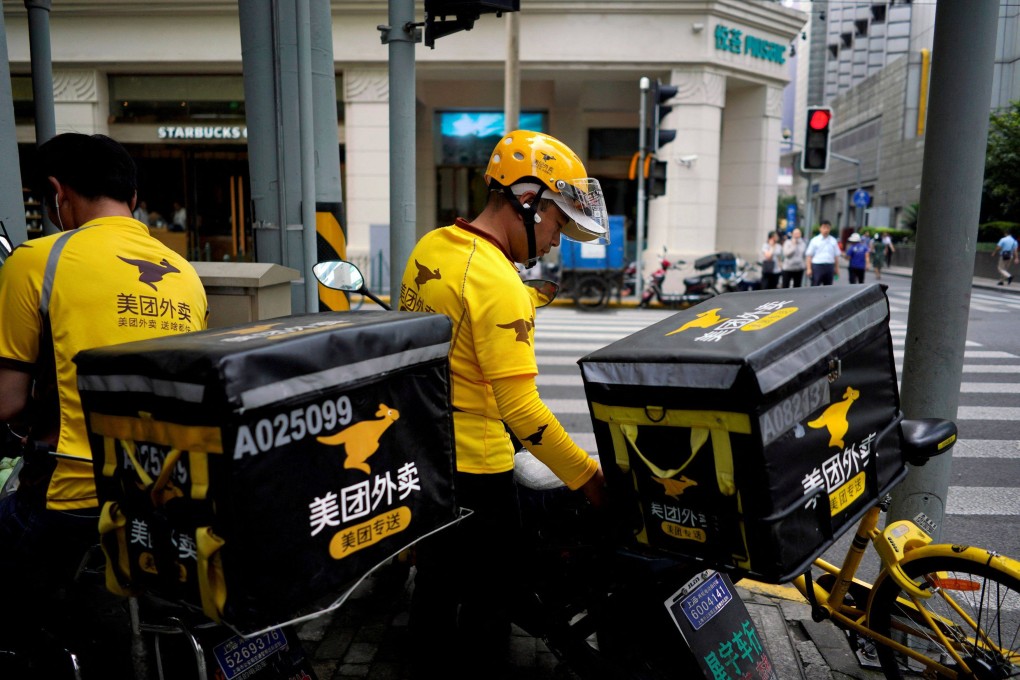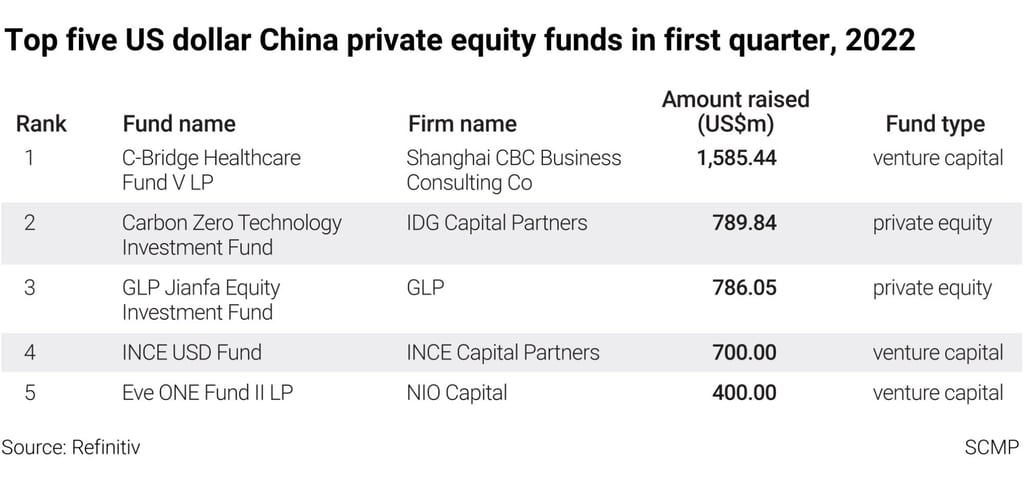China-focused private equity managers face extended fundraising dry spell as policy uncertainties, IPO obstacles give investors cold feet
- PE funds raised in the second half of 2021 totalled just US$28 billion, down 54 per cent from the first six months
- Both managers and investors unanimously agree that easy money from China has already been made, Monument Group partner says

China-focused private equity (PE) funds raised the lowest amount of capital in eight years during the second half of 2021, as policy uncertainties in the consumer technology sector and obstacles to cashing out from investments through initial public offerings (IPOs) gave them cold feet.
PE funds raised in both US dollar and the yuan totalled just US$28 billion in the second half of 2021, down 54 per cent from the first half and 41.7 per cent from a year earlier. This was the lowest six-month tally since 2014’s first half, data from consultancy Bain and Company and data provider Preqin shows.
And this trend is likely to continue, as managers and investors are deterred from making further funding commitments until there is more clarity on how policies will impact Chinese private technology companies’ growth, industry observers said.

One thing that both managers and investors unanimously agree upon is that easy money from China has already been made, he said. “Gone are the days whereby being part of a large consortium putting capital into the next hot technology pre-IPO would generate outsize returns,” Amundsson said.